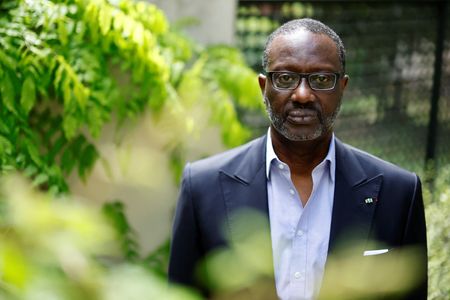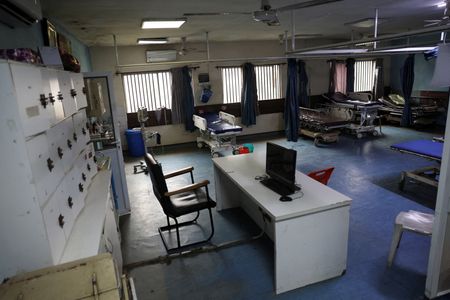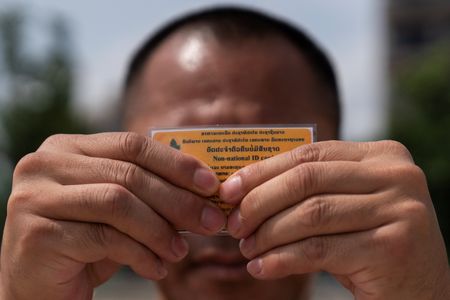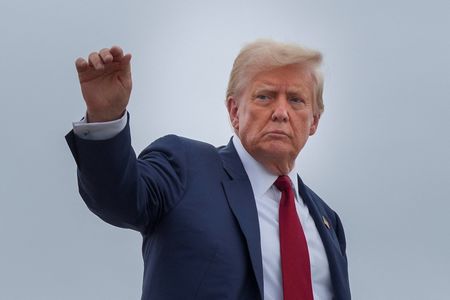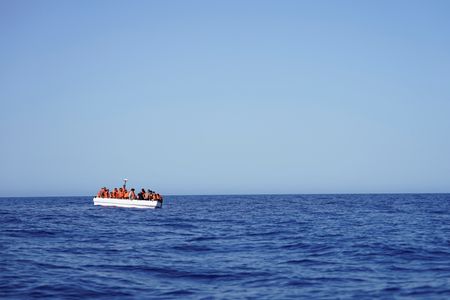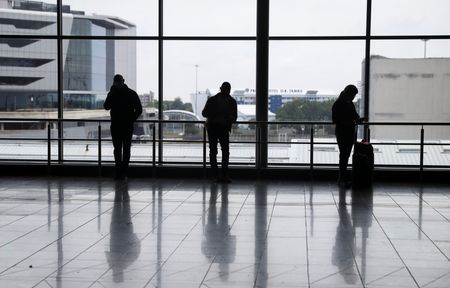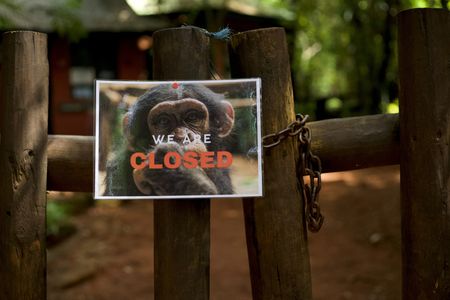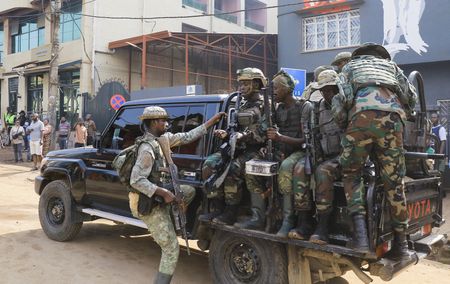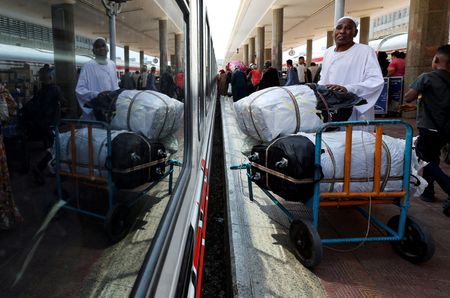By John Irish
PARIS (Reuters) -Ivory Coast opposition leader Tidjane Thiam said on Wednesday he would fight on to run in the West African nation’s presidential election due in October despite having been removed from the electoral roll.
A court in Ivory Coast ruled on Tuesday that Thiam, 62, a former Credit Suisse chief executive, should be removed from the electoral roll because he was a French national when he registered.
The decision, which cannot be appealed, could end the Ivorian-born Thiam’s ambition to run in the world’s top cocoa-producing nation’s presidential election.
Speaking in an interview with Reuters in Paris, Thiam said his party PDCI would not put up an alternative candidate and they would use their political weight nationally and internationally so that “reason prevailed”.
“I’m a business person. I’m not a warrior, I’m not a rebel. I don’t carry a Kalashnikov. I’ve been speaking in a very moderate tone, asking for reconciliation and peace, and this has only been met with aggression,” he said.
“It’s only met with aggression, vitriol, toxicity. But, you know, I intend to stick to the course and try to take the country in a different direction.”
Elected leader of the PDCI in 2023, Thiam was a leading contender for the election, though 83-year-old incumbent Alassane Ouattara has yet to say whether he will run again.
Thiam renounced his French citizenship in February in order to meet eligibility conditions for the election. Ivory Coast law states that candidates must be Ivorian citizens and cannot hold another nationality.
Last month a decision published in France’s official journal showed that Thiam had been relieved of his French citizenship.
“The Ivorian authorities have never objected to this, and now we are given a 1961 law that is 64 years old and that has never been used for anybody. So suddenly it’s pulled out of a drawer and applied to me,” he said.
AFRICAN VOTERS SHOULD DECIDE
Thiam served as a minister in Ivory Coast until the ouster of former President Henri Konan Bedie in a 1999 military coup.
He then left the country, working for consultancy firm McKinsey and insurers Aviva and Prudential before his 2015 appointment as CEO of Credit Suisse, where he was ousted five years later.
“Africans need to have the right and the possibility to choose freely who should lead them. That’s all we’re asking for. And if people think I was away too long they can express that in the ballot box,” he said.
“It’s not for the government to decide who runs opposition parties or who gets to run against them.”
Ivory Coast suffered more than a decade of civil war in the early 2000s, in which some 3,000 civilians were killed, but it emerged to reclaim its spot as a West African powerhouse, with one of the continent’s fastest growing economies.
However, Thiam said he was worried that interference by the authorities with who could run in elections might fuel violence.
“There was a huge conflict in 2010 so it was a very, very painful process and you would have expected that lessons would have been learned from it,” he said.
(Reporting by John IrishEditing by Gareth Jones)

